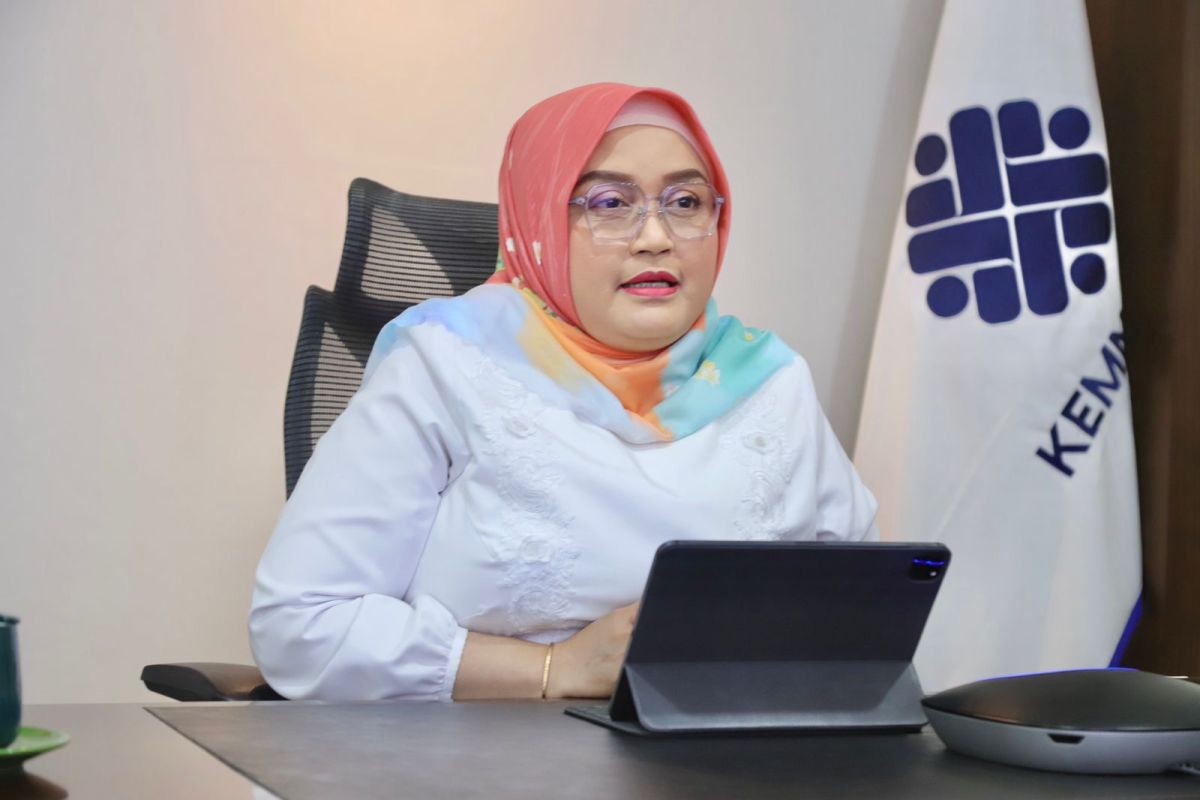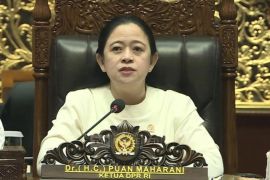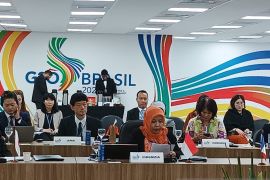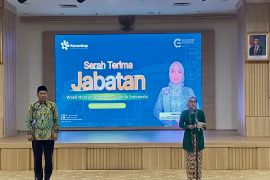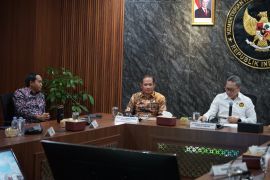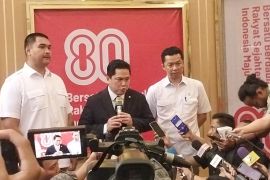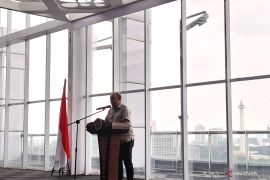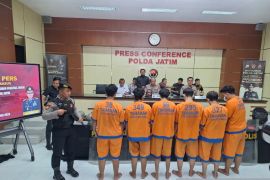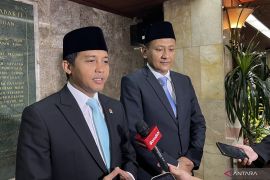"The provision regarding maternity leave for working mothers regulated in the KIA Law is a form of strengthening the provisions regulated in the Manpower Law," Indah Anggoro Putri noted in a statement from the ministry in Jakarta on Friday.
The Director General of Industrial Relations Development and Social Security of the ministry remarked that provisions regarding maternity leave for working mothers have not been changed in the Job Creation Law.
She commended the ratification of the Law on Maternal and Child Welfare in the First Thousand Days of Life Phase by the House of Representatives (DPR).
She also said that the Ministry of Manpower is one of the ministries and institutions that discussed the bill, along with the Ministry of Women's Empowerment and Child Protection (KPPPA), the Ministry of Social Affairs, the Ministry of Home Affairs, and the Ministry of Law and Human Rights.
Through its involvement, the Ministry of Manpower ensures that provisions in the KIA Law do not conflict with other employment regulations.
Both those regulated in Law Number 13 of 2003 concerning employment and Law Number 6 of 2023 concerning the determination of government regulations in lieu of Law Number 2 of 2022 concerning job creation into law or the Job Creation Law.
She elaborated on several provisions in the KIA Law related to employment, namely maternity leave for working mothers.
According to the KIA Law, every working mother is entitled to maternity leave for a minimum of the first three months and a maximum of the following three months if there are special conditions as proven by a doctor's certificate.
During the leave period, they are entitled to full wages for the first three months and the fourth month, then 75 percent of wages for the fifth and sixth months.
In addition, those who take leave cannot be dismissed from their jobs and can continue to exercise their rights in accordance with the provisions of employment regulations.
Apart from mothers who give birth, the KIA Law also regulates the husband's right to leave to accompany his wife during childbirth, which is for two days and can be given no later than the next three days or according to agreement.
Another form of protection for working mothers who give birth is adequate opportunities and facilities for health and nutrition services as well as carrying out lactation during work time.
In addition, working mothers who give birth have the right to a rest time of a month and a half, or in accordance with a doctor's certificate, obstetrician and gynecologist, or midwife.
She remarked that apart from strengthening worker and labor protection, the KIA Law also emphasizes aspects of worker and labor welfare through the provision of worker welfare facilities.
"The types of worker welfare facilities can vary. The important thing is that worker welfare facilities are really needed by workers in companies, and companies are able to provide them," Putri emphasized.
Related news: Government to provide paternity leave to civil servants: Minister
Translator: Prisca Triferna Violleta, Cindy Frishanti Octavia
Editor: Rahmad Nasution
Copyright © ANTARA 2024
